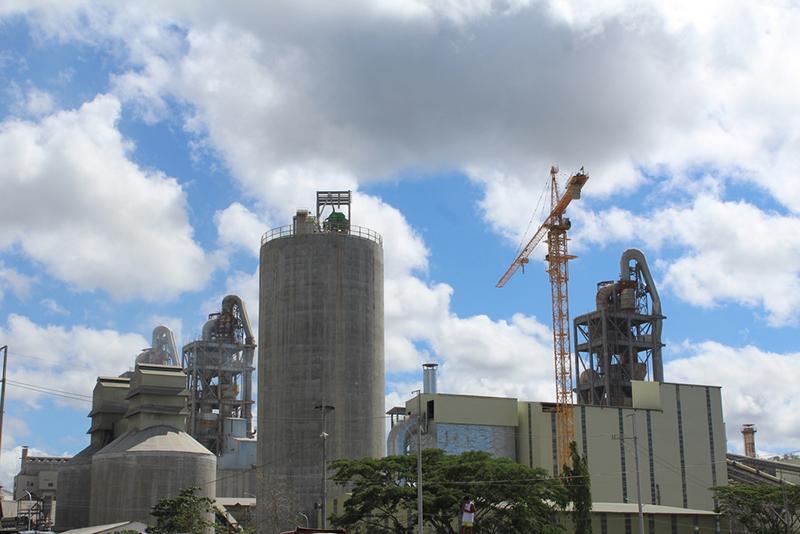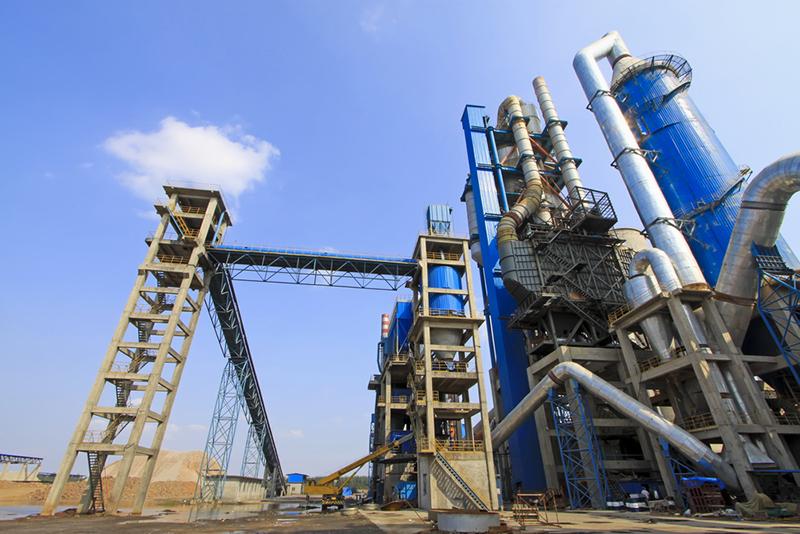MANILA, PHILIPPINES — Among government agencies, it is the Department of Trade and Industry (DTI), with its mandate of “realizing the country’s goal of globally competitive and innovative industry and services sector contributing to the inclusive growth and employment generation,” which has been the lead when it comes to protecting the local manufacturing sectors in the country.
With the DTI’s various units covering competitiveness and innovation, consumer protection,
regional operations, and trade promotions, it is the Industry Development and Trade Policy Group (IDTPG) that is frontline in pursuing industry competitiveness, as it is charged with, among others, crafting and implementing industry roadmaps and comprehensive national industry strategies. It is also tasked with building up the capacity of government and industry associations to execute such roadmaps. Also under the IDTPG is the Bureau of Import Services (BIS), which undertakes activities related to the implementation of legislations which provide relief and assistance to Philippine industries.
In the fulfillment of this mandate, the DTI, through the BIS, undertakes activities related to the implementation of legislations that provide relief and assistance to Philippine industries. In particular, the Import Remedy Measures Division (IRMD) is the one tasked with conducting and initiating preliminary investigations on Safeguard Measures and Anti-Dumping and Countervailing cases filed by local industry players.
Focus on safeguard measures
For domestic industries that are struggling due to surge in imports, a safeguard measure is a tool that DTI has under its mandate to provide emergency relief to local manufacturers. A safeguard measure allows the government to limit imports which threaten or cause serious injury to a domestic industry. Such measure is only granted after a thorough investigation is carried out by competent authorities including the BIS and the Tariff Commission (TC).
A recent case is the imposition of safeguard duty on imported cement. On August 27, 2019, the DTI issued DTI Administrative Order (DAO) No. 19-13 imposing a definitive general safeguard duty on imported cement, effective for an initial period of three years. This was in response to the petition filed by the Cement Manufacturers Association of the Philippines (CeMAP).
After careful study based on a “surge in supply which may injure the local cement industry” and driven with the aim of “giving domestic players a level playing field against importers,” the DTI imposed a 4.0% tariff on the selling price of cement. For the second year of its implementation, the DTI has further agreed to make adjustments to the safeguard duty for imported cement this 2021.
As stated by DTI-BIS director Atty. Luis Catibayan, the agency “would continue to protect local industries to restart and rebound from the impact of the pandemic.” With the safeguards measure in favor of the local cement industry in place, the CeMAP said that this “has helped the domestic cement industry to level the playing field” and “supports the cement industry in its efforts to modernize and increase cement production capacity.”
A safeguard intervention success story
The case of the steel angle bars industry is a testament of the effectiveness of imposing a safeguard measure to help a struggling domestic sector recover, and eventually compete with cheaper imports.
In 2009, based on similar findings and recommendations by both the DTI and the TC, definitive safeguard measures were imposed on imported steel angle bars. Initially, the safeguard was for a period of three years only. It was extended two times for a period of three years and four years, respectively, and finally expired in 2019. The safeguards were in place for a total of 10 years, the maximum period that such measures could be implemented.
The TC, in its evaluation report released in 2021 to assess the impacts of the safeguards, concluded that actions taken by the domestic steel angle bars sector through its adjustment plans throughout the 10-year period were every effective. The TC highlighted the positive outcome as “evident in terms of the domestic industry’s increased production and sales, improved utilization rates, enhanced price competitiveness, and dominant market position.”
Other significant positive impacts include the increased number of local manufacturers of steel angle bars from 10 in 2009 to 21 as of march 2021, continued employment of hundred of workers working for the sector, and billions in annual revenues maintained that would have otherwise been lost from the domestic economy.
Deliberate and thoughtful process
In another more recent case, DTI again responded to the safeguard duty petition filed by the Philippine Metalworks Alliance (PMA) in 2020, which claimed a decline in domestic employment due to vehicle imports, with numbers dropping up to 32 percent in 2018.
While the DTI initially saw the merits in PMA’s application based on 2014 to 2018 data, the TC, after conducting its own thorough assessment which extended the investigation period to include imports data up to 2020, rendered its final decision not to impose safeguard duty on imported passenger cars and light commercial vehicles. As a result, the DTI ultimately dismissed the petition based on the TC’s findings. A final order by the DTI to return all cash bonds imposed during the interim period had been issued. Member economies of the World Trade Organization (WTO) affected by the final ruling have been notified by the DTI as well.
This second case is testament to the careful and measured approach of the DTI in imposing available trade remedies. DTI Secretary Ramon Lopez, in an official statement, said: “The Philippines has one of the most open markets relative to our ASEAN neighbors. While we generally do not restrict products coming into the market, we also need to ensure the level playing field for our local industry.”
What lies ahead for PH manufacturing
Another focus of the department to promote domestic industry competitiveness is the ramping up of the agency’s initiatives for smarter and resilient manufacturing. This envisions the government acting as the facilitator in addressing the most binding constraints in preventing industries from growing globally and innovatively.
In his keynote address during the recently held Manufacturing Summit 2021, co-organized by the DTI and the Board of Investments with support from the Federation of Philippine Industries, Sec. Lopez stressed how “more resilient firms thrived during the crisis” and that “less innovative ones will be left behind.”
Apart from a strong push towards digital technologies, the rapid tailoring of production and supply systems, enhancing supply chain visibility, and strengthening the local manufacturing environment, the trade chief further said that a “shared responsibility and collaboration between the government and private sector” is critical if we are to address ongoing social, economic, and environmental challenges.














